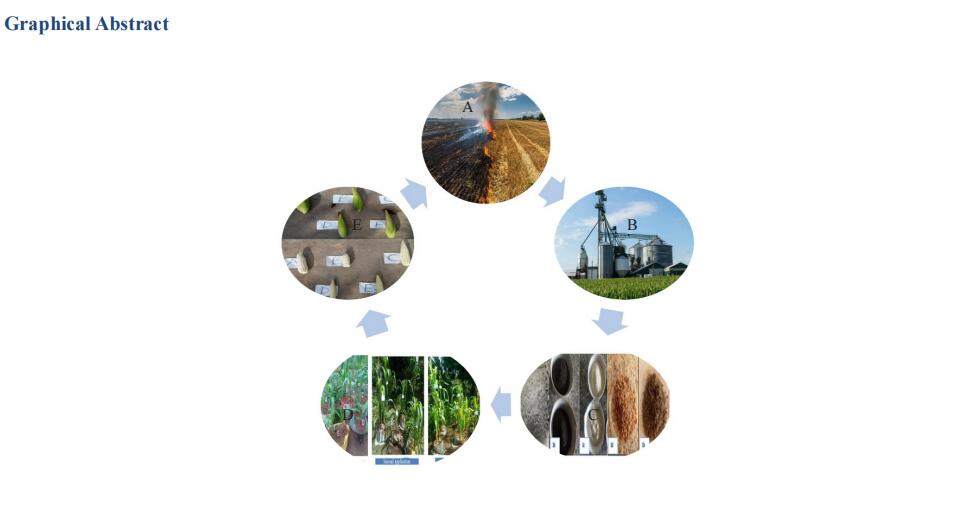Instantaneous Agricultural Waste Valorisation: A Novel Approach to Sustainable Organic Fertilization for Enhanced Maize Yield in Comparison to NPK Fertilizer
Keywords:
plant biomass, organic fertilizer, soil amendments, maize, NPK fertilizer, manureAbstract
Inorganic fertilizers are known for their environmental harm, leading to a search for sustainable alternatives. Global population growth demands sustainable agriculture, yet dependence on synthetic fertilizers risks soil degradation, pollution, and climate change. In Nigeria, agricultural waste management is challenging, with most waste burned, increasing greenhouse gas emissions. This study explores converting agricultural residues into organic fertilizers, offering an eco-friendly alternative. The effects on maize growth were compared to NPK 20:10:5 and rabbit manure. Three unique organic fertilizers were synthesized from a blend of eleven types of residual dry plant biomass. Impressively, maize plants treated with this synthesized fertilizer reached a maximum height of 171.45 cm, outperforming both NPK fertilizer (134.0 cm) and rabbit manure (121.92 cm). Moreover, maize yield was significantly enhanced with the synthesized fertilizer, particularly with fertilizer C boasting a weight of 287.38 g. Notably, this fertilizer exhibited both rapid and slow nutrient release dynamics, with 11% thiourea incorporation yielding superior results. This study demonstrates that a small amount of organic fertilizer can yield more than NPK, contrary to other reports. This highlights the potential of using agricultural residues for organic fertilization, offering sustainable waste management and soil fertility improvement. Organic fertilizers can reduce reliance on synthetic fertilizers, decrease environmental pollution, and promote sustainable agriculture. They enhance crop yields while minimizing environmental impacts, providing a viable alternative for farmers in Nigeria and similar regions. Future research should optimize biofertilizer formulation and application methods for diverse agricultural settings.

Downloads
Published
How to Cite
Issue
Section
License
Copyright (c) 2024 Mathew Gideon, Emmanuel K. Duniya, Mamman A. James

This work is licensed under a Creative Commons Attribution 4.0 International License.

